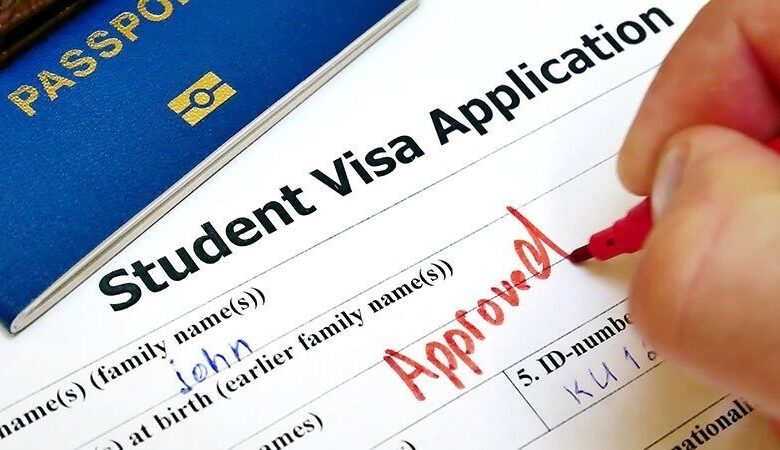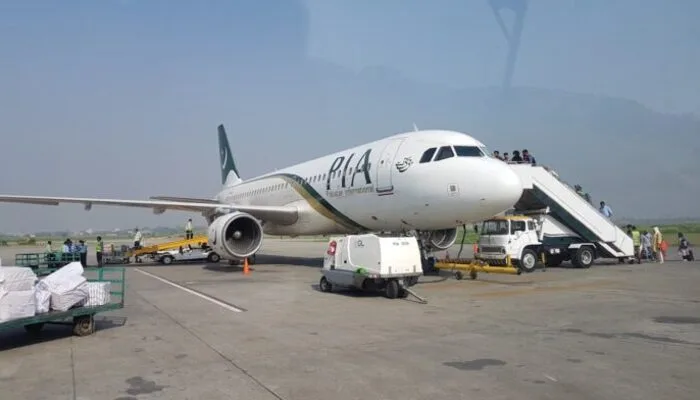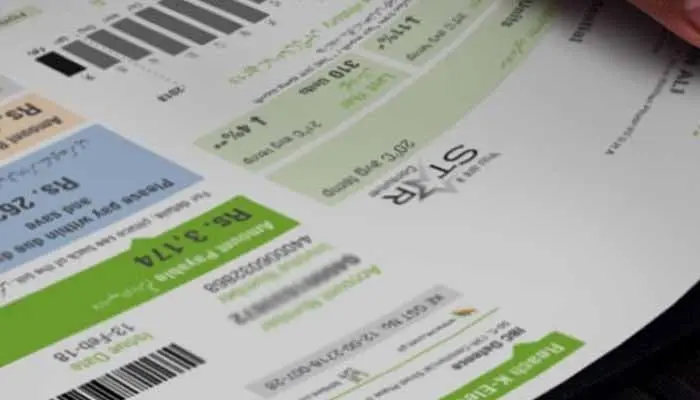Australia Imposes Cap on International Student Visas for 2025
The cap on student visas will bring the number of international students down.

Islamabad, August 31, 2024 – Pakistani nationals planning to student visas from Australia next year face new challenges following Australia’s recent decision to impose a cap on the number of international students. The Australian government announced that it will limit international student visas to 270,000 by 2025, a significant reduction that will directly affect students from Pakistan and other countries.
Australia’s New Cap on Student Visas
The decision to cap the number of international students comes as a response to concerns raised by the Australian government about the quality of education and language proficiency among international students. The Australian Minister of Education, Jason Clare, stated that the government decided to implement the cap after observing that some educational institutions had been admitting students without the necessary language skills to succeed academically.
Clare emphasized that the government’s primary goal is to ensure that the quality of education in Australia remains high. He pointed out that the current situation has led to a dilution of academic standards in certain institutions, which the government finds unacceptable. As a result, the cap on student visas will bring the number of international students down to levels last seen during the COVID-19 pandemic, when travel restrictions and safety concerns led to a significant decrease in international student enrollment.
Historical Context and Current Situation
In 2010, Australia issued 577,000 student visas, reflecting the country’s robust demand for international education. However, the situation has changed drastically over the years. Currently, there are 777,000 international students enrolled in Australian educational institutions, but the new cap will significantly reduce this number starting in 2025. The Australian government believes that this reduction is necessary to maintain the integrity and reputation of its education system.
Impact on Pakistani Students
Pakistani students, who have historically been a significant part of the international student community in Australia, will be among those most affected by the new cap. With competition for student visas expected to increase, prospective students from Pakistan will need to ensure that they meet all the requirements set by Australian institutions, particularly in terms of language proficiency.
The cap also means that Pakistani students will face stiffer competition not only from within their own country but also from students around the world. To secure a place in Australian universities, students will need to demonstrate strong academic records and language skills.
Government’s Focus on Educational Quality
Minister Jason Clare reiterated that the cap is not just about limiting numbers but about raising standards. The Australian government wants to ensure that all students, regardless of their country of origin, are fully prepared for the rigors of academic life in Australia. By doing so, the government hopes to protect the reputation of Australian education and ensure that graduates are well-equipped for their future careers.
What’s Next for Prospective Students?
Pakistani students planning to study in Australia in 2025 should begin preparing early to meet the new standards. They should focus on improving their language skills and securing strong academic credentials. Additionally, staying informed about the latest developments in Australian immigration policies will be crucial.
In conclusion, while the cap on student visas presents a new challenge, it also underscores the importance of academic excellence and language proficiency. Pakistani students aiming to study in Australia will need to rise to this challenge to achieve their educational goals.
Follow us on Instagram, YouTube, Facebook, Whats App, and TikTok for latest updates.















